What is an Analytical Research Paper?
This type of research paper examines a topic or issue in-depth and provides a critical analysis based on evidence and logical reasoning. Unlike descriptive papers, analytical papers look deeper into the subject matter to uncover patterns, relationships, and insights.
Here are some key characteristics of an analytical research paper:
- Critical Analysis: The primary focus is on analyzing and interpreting information rather than just presenting facts or descriptions.
- Thesis Statement: Typically, an analytical research paper begins with a clear thesis statement that presents the main argument or perspective the paper will explore.
- Evidence-Based: Your research paper always needs strong arguments and conclusions are always supported by evidence. They can come from various sources, such as scholarly articles, books, data, statistics, and empirical research.
- Synthesis: In an analytical paper, you integrate multiple sources or perspectives to develop a comprehensive analysis.
- Critical Thinking: Analytical research papers require critical thinking skills to evaluate information, identify assumptions, recognize biases, and draw reasoned conclusions.
- Objective Tone: While the writer may have their own perspective, the tone of the paper should be objective and impartial. This allows us to focus on presenting evidence and analysis rather than personal opinions.
- Engagement with Existing Literature: Analytical research papers often engage with existing scholarly literature on the topic. This is achieved either by building upon previous research or by offering new insights and interpretations.
Analytical Research Papers: Applications Across Fields
Analytical papers are most commonly used in diverse fields of study, such as:
- Social Sciences: Sociology, Psychology, Political Science, Economics, Anthropology.
- Natural Sciences: Biology, Chemistry, Physics, Environmental Science.
- Humanities: Literature, History, Philosophy, Cultural Studies.
- Business and Management: Marketing, Finance, Organizational Behavior, Strategic Management.
- Health and Medicine: Public Health, Epidemiology, Healthcare Policy, Medical Research.
- Education: Educational Psychology, Curriculum Studies, Educational Policy Analysis.
- Technology and Engineering: Computer Science, Electrical Engineering, Mechanical Engineering, Data Science.
- Environmental Studies: Climate Science, Environmental Policy, Conservation Biology.
- Law and Legal Studies: Legal Research, Constitutional Law, International Law.
- Interdisciplinary Studies: Gender Studies, Ethnic Studies, Urban Studies, Development Studies.
Methods of Conducting Analytical Research
Analytical research involves different ways of collecting and studying data to understand and draw conclusions about a topic. The approach for conducting research depends on the nature of your research and the data you have.
Here are the most common methods:
Quantitative Analysis: Uses numerical data to find relationships, trends, and patterns through statistical methods like regression analysis, correlation analysis, and hypothesis testing.
Qualitative Analysis: Focuses on understanding meanings, interpretations, and subjective experiences using methods such as thematic analysis, content analysis, and grounded theory.
Mixed Methods Research: Combines both quantitative and qualitative data collection and analysis techniques in a single study to fully understand the research problem or question.
Experimental Research: Involves changing variables to establish cause-and-effect relationships, typically done in controlled settings to test hypotheses and theories.
Case Study Analysis: Looks deeply into a specific case or situation to understand its underlying dynamics, context, and factors that affect outcomes.
Content Analysis: Systematically examines text, audio, or visual content to identify themes, patterns, and trends, often used in media studies, communication research, and textual analysis.
Observational Research: Systematically observes and records behaviors, events, or phenomena in their natural settings to gain insights into real-life behaviors and contexts.
Secondary Data Analysis: Involves studying data collected by others. It allows revisiting research questions, exploring new hypotheses, or conducting meta-analyses.
Different Parts of an Analytical Research Paper
An analytical research paper typically consists of several key parts, each serving a specific purpose in presenting and analyzing the topic.
Here's a breakdown of the main components:
Introduction: The introduction section provides background information on the topic and presents the thesis statement, which outlines the main argument or perspective of the paper.
Literature Review: The literature review summarizes and combines previous research and scholarly articles about the topic. This helps to give context and show understanding of the subject.
Body Paragraphs: This is the main section of the paper where analysis and arguments are presented in detail. Each body paragraph focuses on a specific aspect or subtopic related to the thesis statement.
Analysis and Interpretation: Within the body paragraphs of an analytical research paper, you provide critical analysis and interpretation of the evidence. You examine patterns, relationships, and implications of the data or information that was presented.
Conclusion: This is the final section that summarizes the main findings of the paper. In the research paper conclusion, restate the thesis in light of the evidence presented and highlight the significance of the research.
References or Works Cited: A list of all the sources cited in the paper, following the required citation style (e.g., APA, MLA, Chicago).
The Standard Analytical Research Paper Structure
When structuring your analytical research paper, you should follow a standard research paper outline, such as:
I. Introduction A. Hook or Attention Grabber B. Background Information on the Topic C. Thesis Statement II. Literature Review (Optional) A. Summary of Existing Research B. Synthesis of Literature III. Analysis of Evidence A. Introduction to Evidence B. Presentation of Data or Examples C. Interpretation and Analysis of Evidence IV. Discussion of Findings A. Examination of Patterns or Relationships B. Implications of the Findings C. Comparison with Existing Research (if applicable) V. Conclusion A. Summary of Key Findings B. Restatement of Thesis C. Reflection on the Significance of the Research VI. References List all sources cited in the paper, following the required citation style. |
How to Write an Analytical Research Paper?
For writing an effective and comprehensive analytical research paper, you should follow the steps mentioned below:
Step 1. Choose a Relevant Topic
Pick a research topic that interests you and is suitable for analysis. It could be a book, a historical event, a scientific theory, or any subject you want to analyze deeply.
Step 2. Conduct Research
Gather information from reliable sources such as books, articles, and reputable websites. Take notes and highlight key points that will help you understand the topic better.
Step 3. Develop a Thesis Statement
This is the main idea or argument of your paper. It should be a clear statement that you'll analyze and support throughout your paper.
Step 4. Outline Your Paper
Plan out the structure of your paper or use a research paper outline. Start with an introduction that introduces your topic and thesis statement, followed by body paragraphs where you analyze different aspects of the topic. End with a conclusion that summarizes your findings.
Step 5. Write Your Paper
Start writing your research paper following the paper outline you created. Each paragraph in the body should focus on a specific point or aspect of your topic. Use evidence from your research to support your analysis.
Step 6. Analyze Your Findings
Dive deep into your topic and analyze the information you've gathered. Look for patterns, connections, or contradictions that can help you develop a deeper understanding.
Step 7. Stay Organized
Make sure your paper flows logically from one point to the next. Use transitions between paragraphs to guide the reader through your analysis.
Step 8. Revise and Edit
Once you've finished writing, go back, revise, and edit your research paper. Check for clarity, coherence, and consistency. Make sure your argument is well-supported and your analysis is thorough.
Analytical Research Paper Format
When formatting your analytical research paper, you can opt for popular research paper formats such as APA, Chicago, and MLA. However, in this blog, we will follow the formatting guidelines of the APA style.
- Use 1-inch margins on all sides of the document.
- Use a clear and legible font such as Times New Roman or Arial, size 12.
- Double-space the entire paper, including the title page, abstract, main body, and references.
- Indent the first line of each paragraph using the tab key or the paragraph formatting option in your word processor.
- Include a running head at the top of each page, consisting of a shortened version of your title (50 characters or fewer) in all caps, aligned left, and the page number aligned right.
Analytical Research Paper Examples
Here are some PDF examples for analytical papers you can get inspiration from.
Analytical Research Paper Ideas
Here are some good topics for an analytical research paper. Having these ideas at your disposal before writing your analytical paper with definitely give you a head start.
- Analyzing the role of social networks in the spread of misinformation.
- Investigating the effects of mindfulness practices on workplace productivity.
- Examining the psychological impact of long-term space travel on astronauts.
- Analyzing the relationship between urban design and community well-being.
- Exploring the effectiveness of different parenting styles on child development.
- Investigating the impact of cultural stereotypes on academic achievement.
- Analyzing the effectiveness of conservation strategies in preserving biodiversity.
- Examining the influence of music on mood regulation and emotional well-being.
- Investigating the relationship between access to technology and educational outcomes.
- Analyzing the impact of nutrition education programs on dietary habits.
- Exploring the role of empathy in conflict resolution and peacebuilding.
Common Analytical Research Paper Types
Analytical research papers can take various forms depending on the specific focus and methodology used as well. Some common types include:
- Comparative Analysis Papers: These papers compare and contrast different perspectives, theories, methodologies, or approaches to a particular topic or problem.
- Case study analysis papers: These analytical papers examine a specific case or example in order to explore the underlying issues, causes, effects, and potential solutions.
- Policy Analysis Papers: Such papers examine the effectiveness, implications, and potential improvements of existing policies or proposed policy solutions to address societal issues.
- Statistical Analysis Papers: Statistical analysis papers use quantitative data and statistical methods to explore relationships, patterns, trends, and correlations within a dataset or across multiple datasets.
- Literary Analysis Papers: Literary analysis papers critically examine literary works, such as novels, poems, plays, or essays. Such papers uncover themes, symbolism, character development, and other literary elements.
- Critical Analysis Papers: This paper type evaluates and critiques scholarly articles, books, or other academic works. These analytical papers assess the academic works’ arguments, methodologies, evidence, and contributions to the field.
- Theoretical Analysis Papers: These papers examine and evaluate theoretical frameworks, models, or concepts. They assess their applicability, validity, and relevance to understanding real-world phenomena.
- Qualitative Research Papers: Qualitative research papers use qualitative methods, such as interviews, observations, or content analysis. These papers explore subjective experiences, attitudes, behaviors, and social phenomena.
- Mixed-Methods Research Papers: Mixed-methods research papers integrate quantitative and qualitative approaches to understand a research problem or question comprehensively.
Difference Between Argumentative and Analytical Research Papers
Among many research paper types, there are two major categories, analytical and argumentative research papers. Here are the major differences between both research paper types.
Aspect | Analytical Research Papers | Argumentative Research Papers |
Purpose | To understand and explain a topic, often bringing new ideas. | To convince others to agree with a specific viewpoint. |
Thesis Statement | May propose a main idea for exploration. | States a clear opinion on an issue. |
Focus | Looks at existing information to find patterns or meanings. | Uses evidence and reasoning to support a single viewpoint. |
Methodology | Involves studying lots of sources and analyzing data. | Relies on facts, logic, and arguments to make a case. |
Structure | Follows a plan to explore and explain the topic thoroughly. | Organized to persuade by presenting evidence and arguments. |
Tone | Stays neutral and tries not to take sides. | Tries to be persuasive and make a strong case. |
Conclusion | Draws conclusions based on what's been learned and analyzed. | Summarizes the argument and tries to leave readers convinced. |
Audience | Often for people who want to learn more about a topic deeply. | Aimed at anyone who might have a different opinion. |
In closing thoughts,
Analytical research papers are among the most widely used papers in academics. In your educational career, you may come across situations where you’re required to submit analytical research papers.
Our blog serves as the go-to guide for understanding every aspect of an analytical paper. From the basics, research methods, paper format, and writing steps to examples, we make sure to increase your knowledge of analytical research. But, if you need help with professional writing, we have a solution for that as well!
SharkPapers.com is a trusted platform for research paper writing help. Whether you need guidance with analytical, experimental, survey, or other types of research papers, our seasoned writers can do it all.
So what are you waiting for? Order from our custom paper writing service to get original papers written just for you.




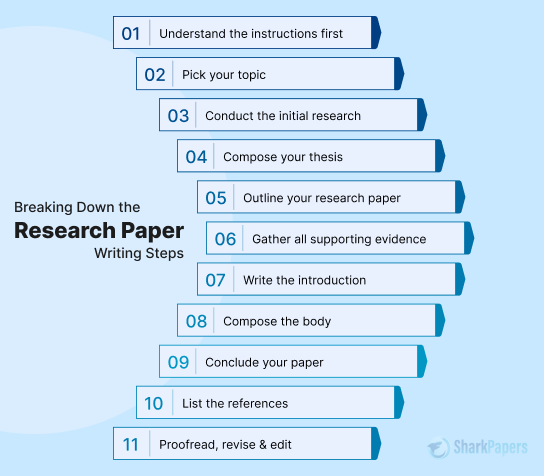






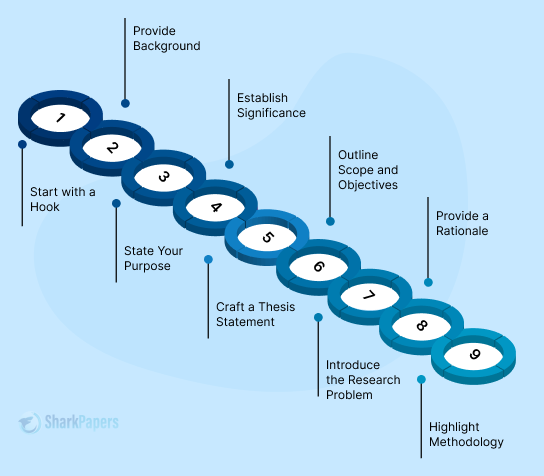
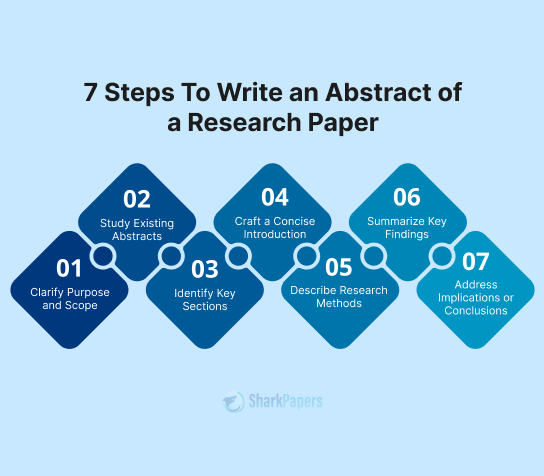
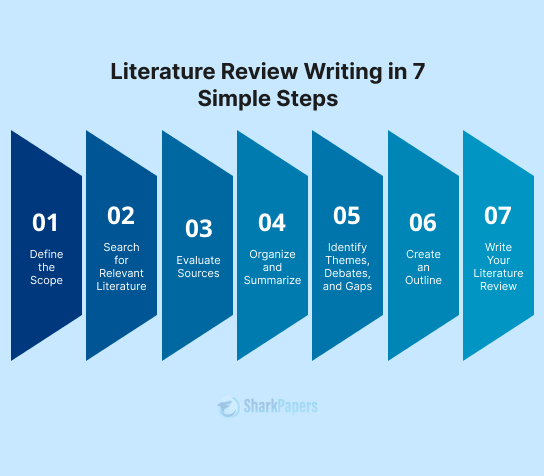
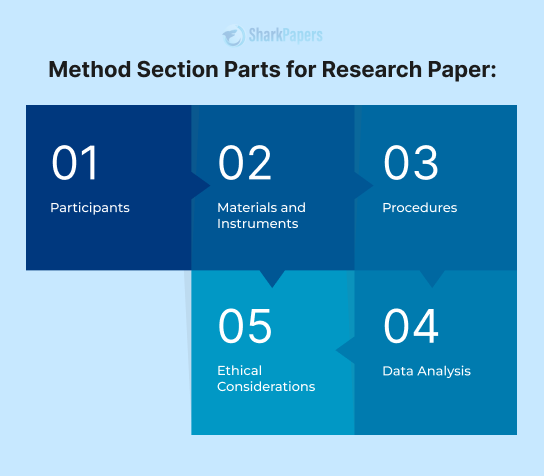
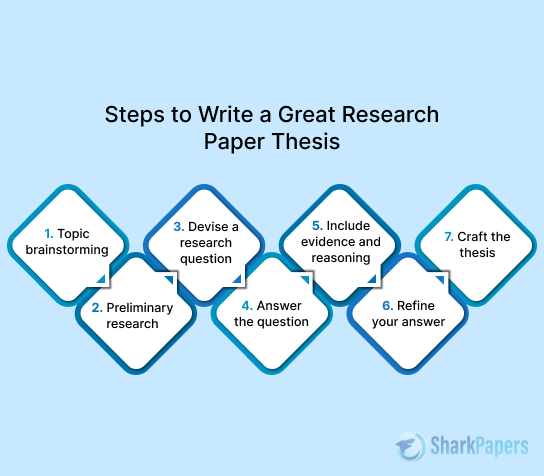

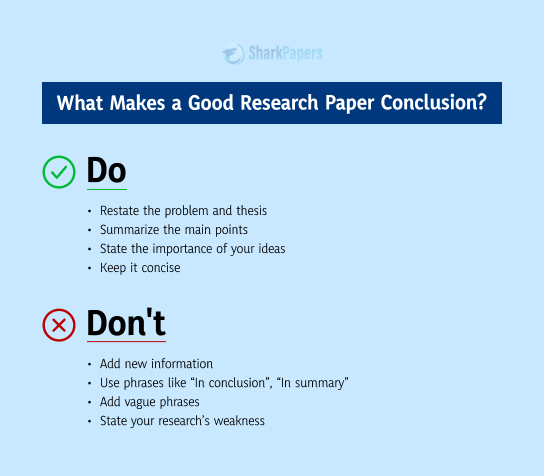
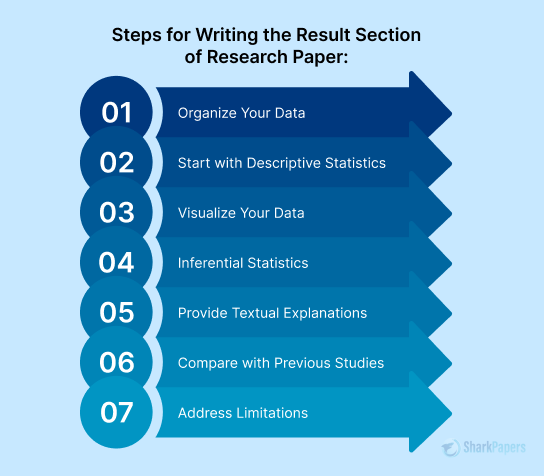
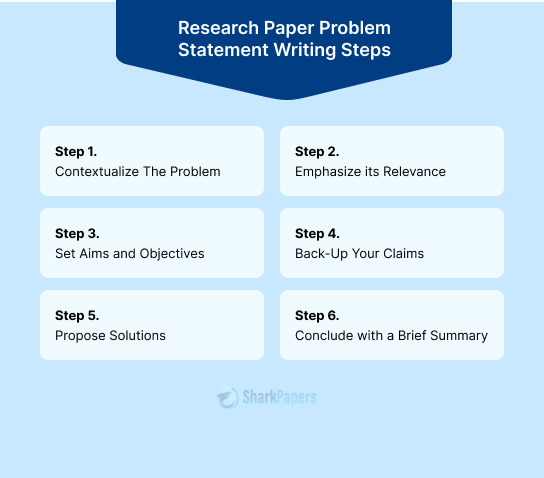
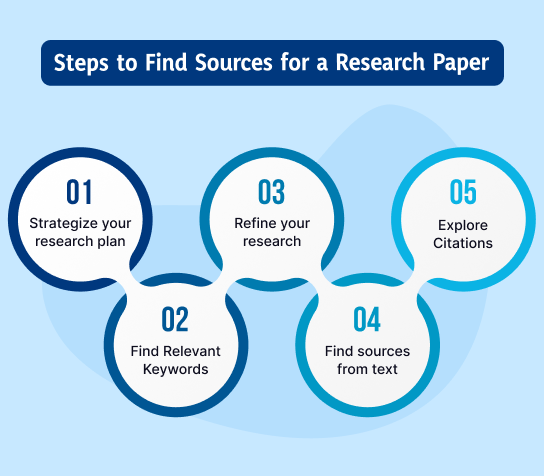
)
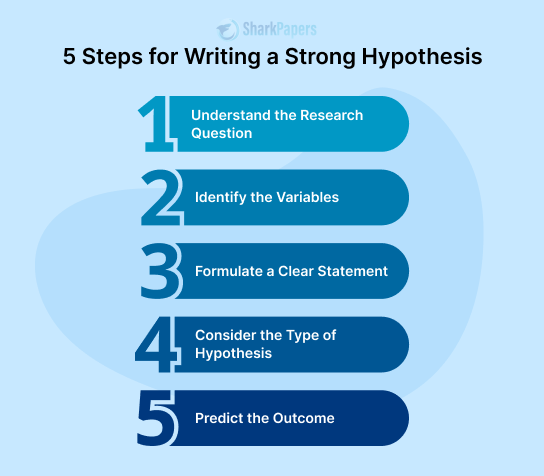
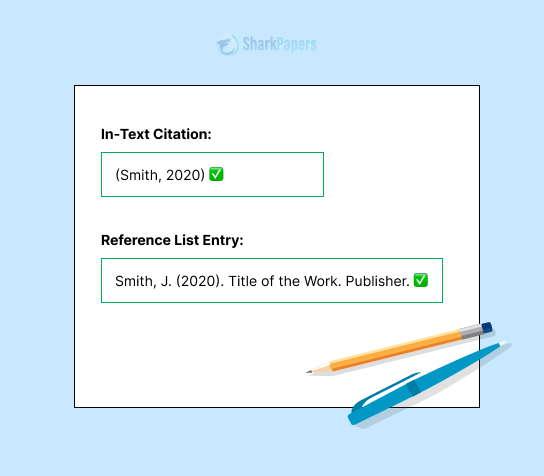
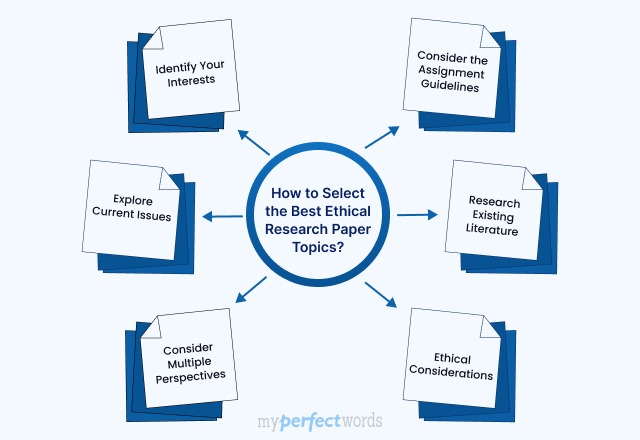
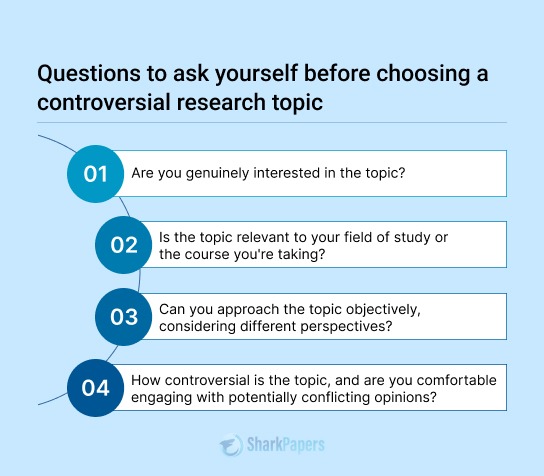
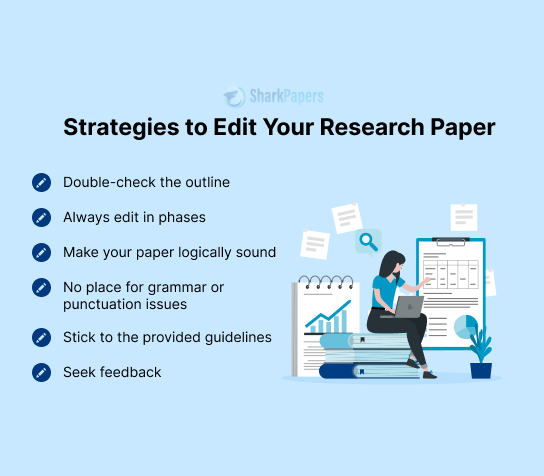
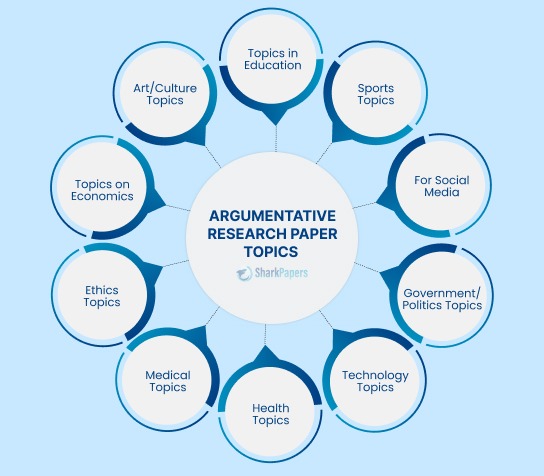

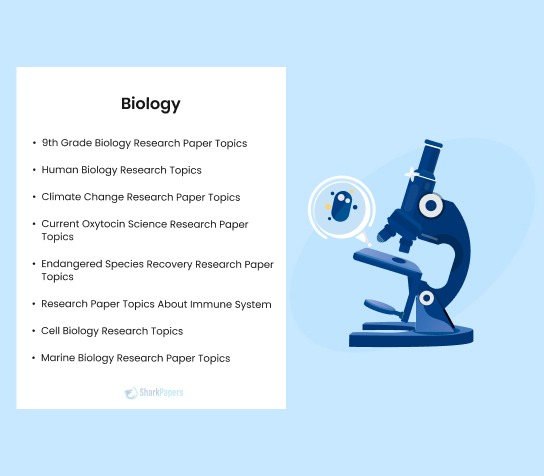

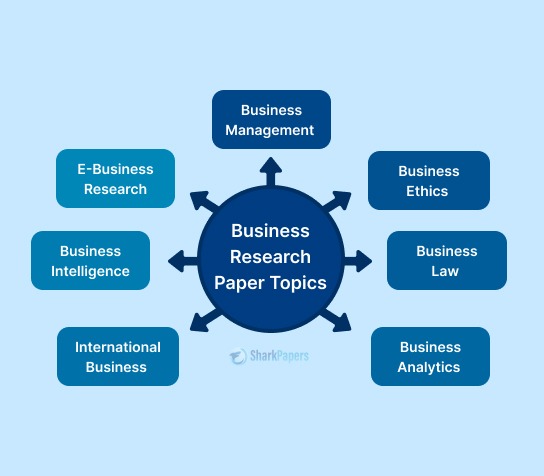
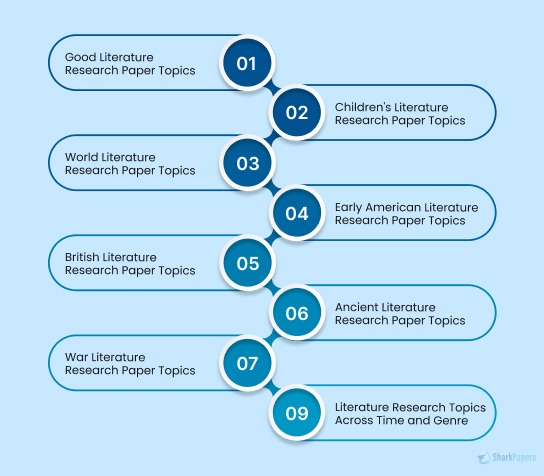
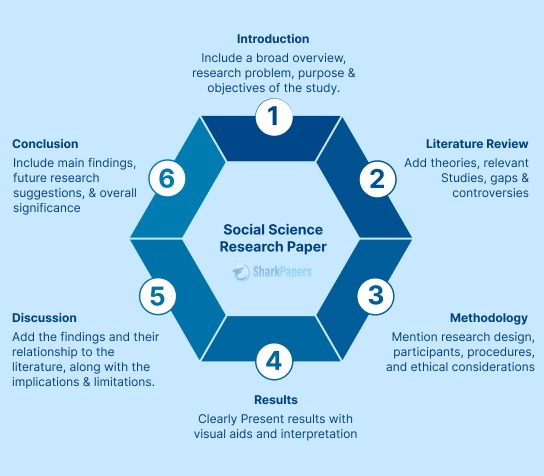
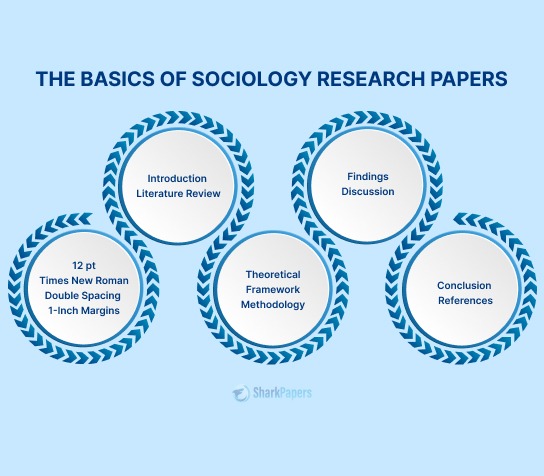
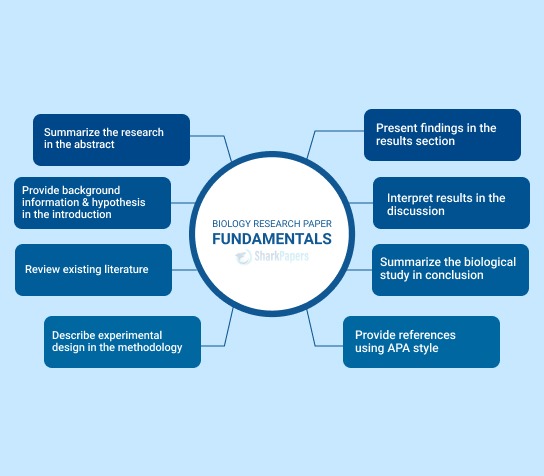

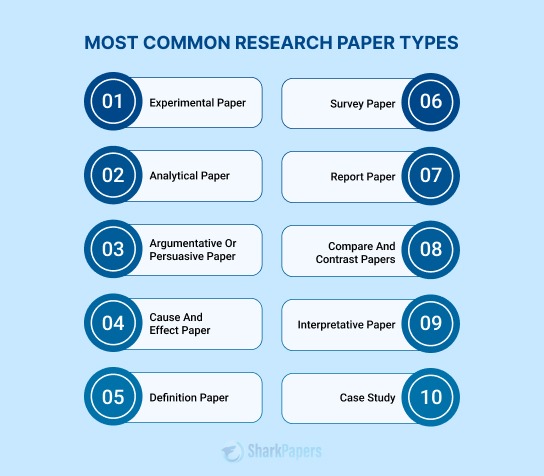
















-12114.jpg)














 Not seeing it? Check Promotions or Spam — inboxes get protective.
Not seeing it? Check Promotions or Spam — inboxes get protective.